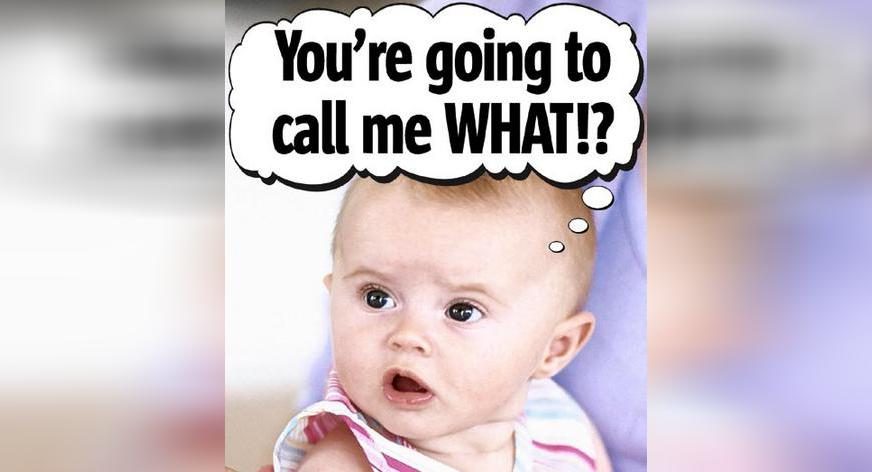

We all know that names matter in the extreme. If you’re called Moon Unit Zappa, or Brfxxccxxmnpcccclllmmnprxvclmnckssqlbb11116 (pronounced ‘Albin’), it will almost certainly have a major impact on how you’re treated as you grow up.
But what about at the more everyday level? Can certain ‘normal’ names have an impact on a person’s life in a way that others don’t?
Many people believe they can. Here are a few ways that names have been suggested to make a difference, some of which may well surprise you.
1. Earlier in the Alphabet Wins
For some time, there have been suggestions that those with surnames earlier in the alphabet were more successful than those towards the end – that the Adams and the Abbots get a head start on the Walcotts and the Wappings.
It wasn’t until 2006, however, that American economists Liran Einav and Leeat Yariv analyzed the surnames of academics working in economics departments throughout America, and found that those whose initials came early in the alphabet were more likely not only to be in the best-rated departments, but to become fellows of the Econometric Society, and even to win a Nobel Prize.
Publishing their findings in the Journal of Economic Perspectives, Einav and Leeat argued that ‘alphabetical discrimination’ was a result of the list of authors on academic journal papers often being placed in alphabetic order. This resulted in academics with initials towards the start of the alphabet becoming slightly more visible than their more alphabetically-challenged peers, and this visibility – over time – made a difference.
In a separate study in the UK, the same results were shown across several careers, and were shown to become more significant as life went on. It seems there may be some sort of ‘snowball effect’ with surnames; an earlier-alphabeted name gets you an edge at many separate junctures in life, and these can lead to an advantage over time.
2. Nicer Names Get Nicer Treatment
Another observable effect is that those with ‘nicer’ sounding names tend to do better in many walks of life. Past research, for instance, has shown that children with names than are perceived as more likeable (Rose, for example), get awarded higher essay grades on average than those whose names are less pleasant to the ear.
A more recent study at the Edinburgh International Science Festival found a similar trend. It involved more than 6,000 people, and analyzed whether they thought some of the most popular English-language names were attractive or successful (or not). Strong trends emerged. Those names with royal associations (such as James and Elizabeth) were seen as highly successful and intelligent. The most attractive female names tended to end with ‘ee’ sounds (Lucy and Sophie being two examples), while the most favoured male names were shorter and more rugged-sounding (such as Jack and Ryan). Lisa and Brian were viewed as the least successful, while Anns and Georges were seen as the most unnattractive males and females, respectively.
3. Unlucky Initials Lower Your Life Expectancy
In the late 1990s, a team of researchers from the University of California, San Diego, uncovered evidence that a person’s initials could become a matter of life or death.
The team used an electronic dictionary to generate every three-letter word in the English language. They then worked their way through the list, identifying words that were especially positive (such as ACE, HUG, and JOY), and those that had very negative connotations (PIG, BUM, and DIE, among others).
Using a computerized database of Californian death certificates, they examined the age at which people with ‘positive’ and ‘negative’ sets of initials passed away. Controlling for factors such as race, year of death, and socio-economic status, the researchers discovered that men with positive initials lived around four-and-a-half years longer than average, while those with negative initials died about three years early. When discussing the possible mechanism of this effect, the authors noted that people with negative initials “may not think well of themselves, and may have to endure teasing and other negative reactions from those around them.” This interpretation was supported by the fact that those with negative initials were especially likely to die from causes with psychological underpinnings, such as suicide.
—
So on that depressing note, it seems there might be something in a name after all. But don’t worry about it too much. These effects, even if valid, are relatively slight. If you’ve made it this far in life without too many name-related hang-ups, you should be able to carry on just fine into the future



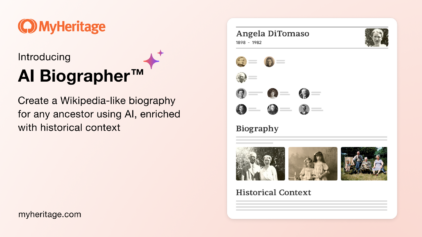
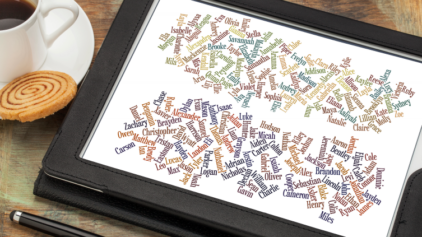




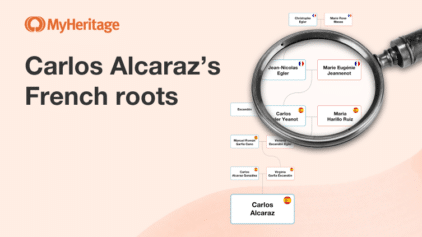
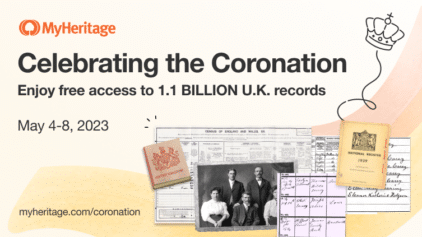
Stacy Boyes
April 16, 2012
Really informative article.Really thank you! Awesome.